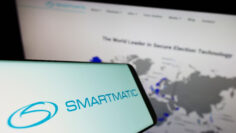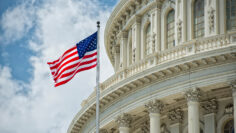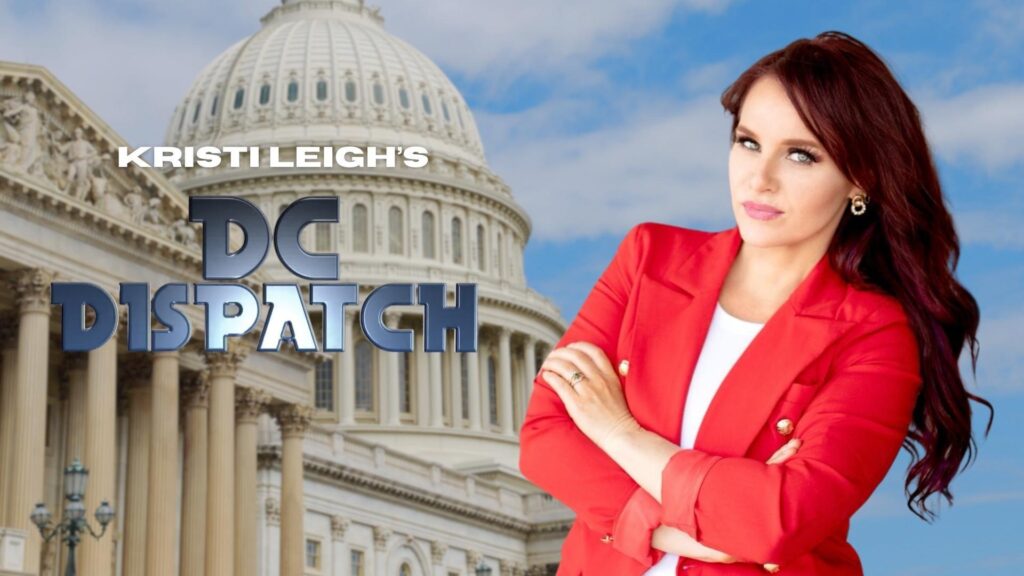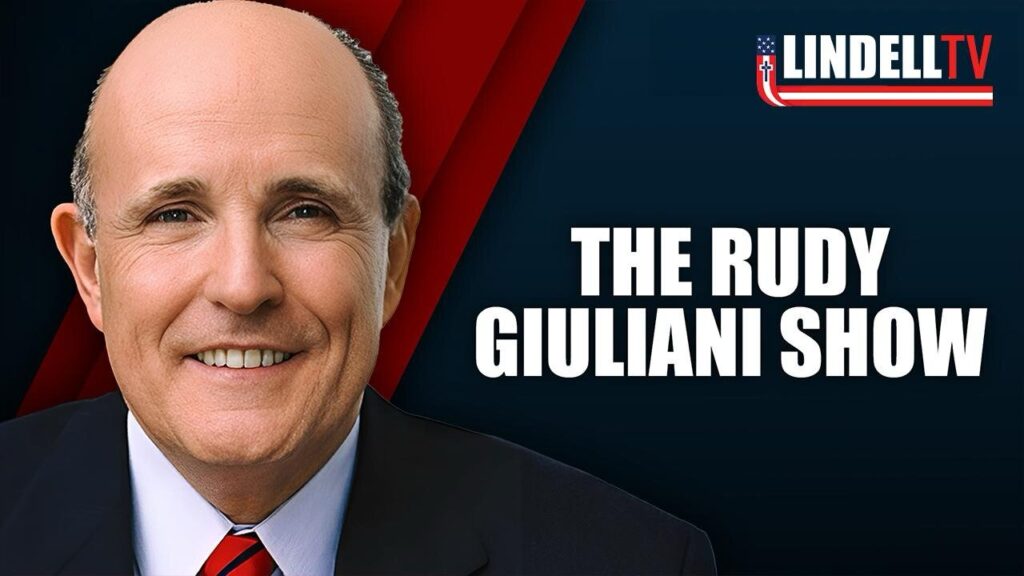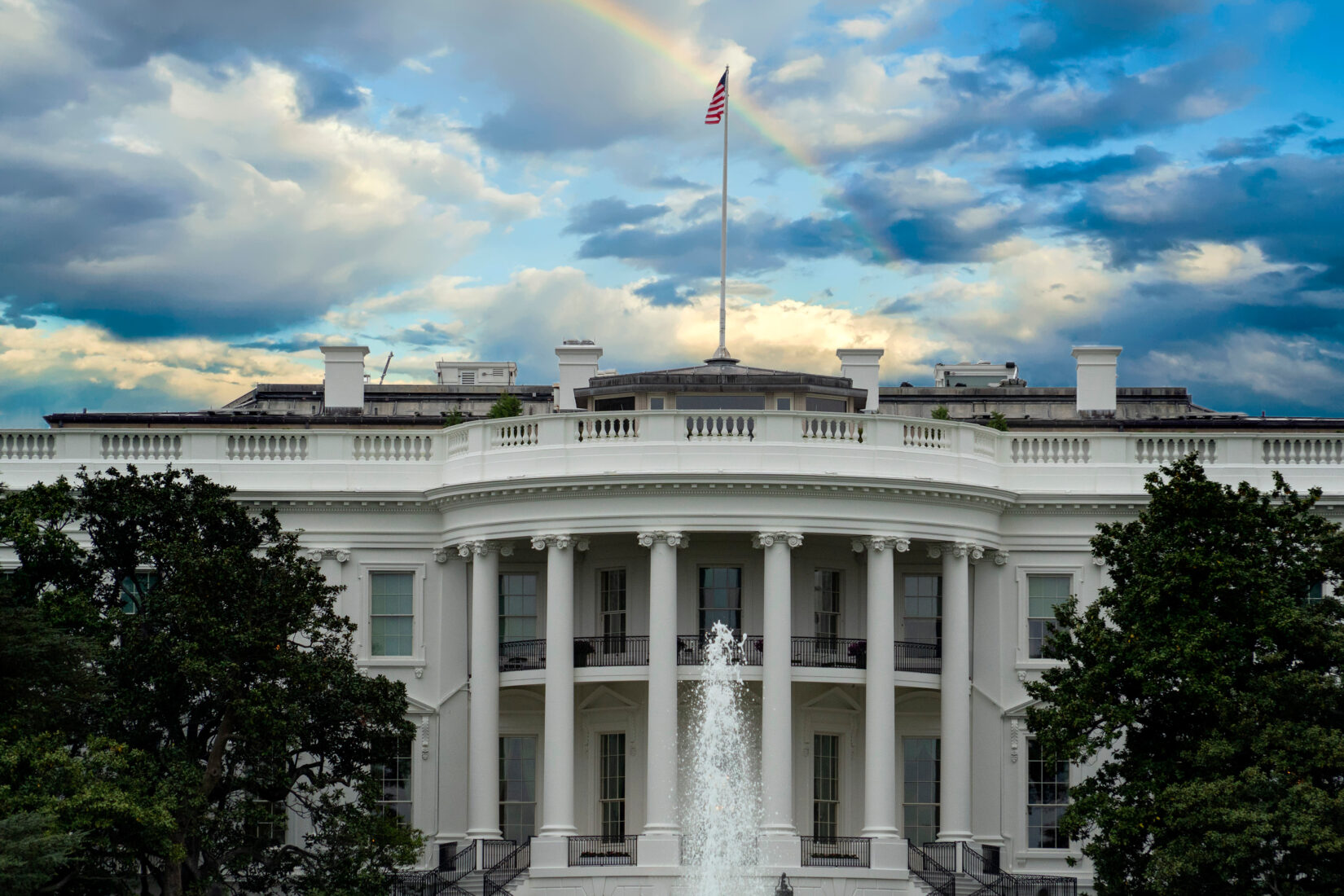
President Trump and First Lady dine with tech leaders: Can these digital titans truly be trusted?
On Thursday, President Trump and First Lady Melania Trump invited tech giants to dine at the White House, drawing speculation about these digital titans’ agendas
Opinion-editorial by Summer Lane | September 5, 2025
President Donald Trump and First Lady Melania Trump hosted a dinner at the White House on Thursday evening, where they were joined by the foremost leaders in technology in the nation, igniting curiosity about where the nation may be headed in terms of AI development and infrastructure.
Meta CEO Mark Zuckerberg sat on the president’s right side, and Microsoft founder and American businessman Bill Gates sat on the First Lady’s left.
Also in attendance were OpenAI CEO Sam Altman, Oracle CEO Safra Catz, Google and Alphabet CEO Sundar Pichai, Google co-founder Sergey Brin, and AMD President and CEO Lisa Su.
Notably, AI Grok founder and SpaceX and Tesla CEO Elon Musk was not present, although Mr. Musk noted on his social media platform, X, that he sent a representative in his stead.
Google co-founder Sergey Brin told the president that it was a “real incredible inflection point right now in AI and the fact that your administration is supporting our companies instead of fighting with them – it’s hugely important.”
Bill Gates remarked that the “work being done by the people at this table is changing the world,” and alluded to conversations with President Trump aimed at taking American innovation to the “next level” with the aim of creating “cures” to “eradicate” major diseases, touching on vaccines and “gene editing.”
In an awkward moment, Meta CEO Zuckerberg was asked about free speech – an ironic twist, given the fact that Zuckerberg’s platform, Facebook, radically censored information regarding Covid and the 2020 election.
To save face, Zuckerberg announced just before President Trump took office that Facebook would “get back to our roots around free expression” by axing fact-checkers and “simplifying our policies and focusing on reducing mistakes.”
It’s important to recall that Zuckerberg also poured hundreds of millions of dollars into the 2020 presidential election through the utilization of two non-profits, The Center for Technology and Civic Life, and the Center for Election Innovation and Research.
Per the New York Post, these two organizations were supposedly aimed at providing voting assistance during the Covid pandemic, but the massive infusion of private dark money into local election processes raised eyebrows nationwide.
In fact, Zuckerberg’s alleged shadowy influence on the election processes in Wisconsin actually prompted state voters to pass a permanent ban on private election funding.
And yet, despite these obvious missteps, Zuckerberg was at the White House on Thursday, and his company is building multiple city-sized AI data centers across the nation. What could go wrong?
In fact, the presence of these billionaire technocrats at the White House on Thursday evening begs many interesting questions: why were they there? Many of the people in that room were part of the iron wall of censorship that rose in the wake of Covid and the 2020 presidential election – a censorship regime so powerful that it nearly destroyed free speech in America.
These are the same individuals who are developing AI technology and data centers. Can they be trusted to keep the best interests of Americans front and center? Will they respect Americans’ constitutional rights?
Under the leadership of President Trump, they likely will – but what happens in six years? Ten years? How does the AI industrial complex look without a leader like President Trump in the White House?
The censorship Americans faced in 2020 and beyond will be nothing compared to an AI-integrated society built on advanced coding, surveillance, and automation. AI is about to change the face of the entire world, and those at the frontlines of developing this technology have a track record of siding with tyrannical regimes and transhumanistic agendas – that is, the blending of humanity with machinery.
It’s impossible to say how the world of AI and innovation will change in the next few years, but one thing is clear: the technocrats leading the charge on this new digital frontier will soon hold even more power than they do now.
Yes, it is necessary to cultivate and to innovate in the field of AI – if the U.S. falls behind on this, other nations, like China and Russia, will dominate the world. And yet, Americans must be cautious. It’s unknown how AI will affect the human job market and how it will affect media and information flow in the U.S.
The only recourse that Americans have in light of this technological expansion is to keep their republic as they always have, by safeguarding constitutional rights even in the face of AI expansion and technocratic domination.
This also means that Americans must stay committed to passing common-sense voter ID laws and winning elections that matter, so that the people in leadership in this country, like President Trump, have the common sense to balance innovation with cautious supervision.
Photo: Adobe Stock







